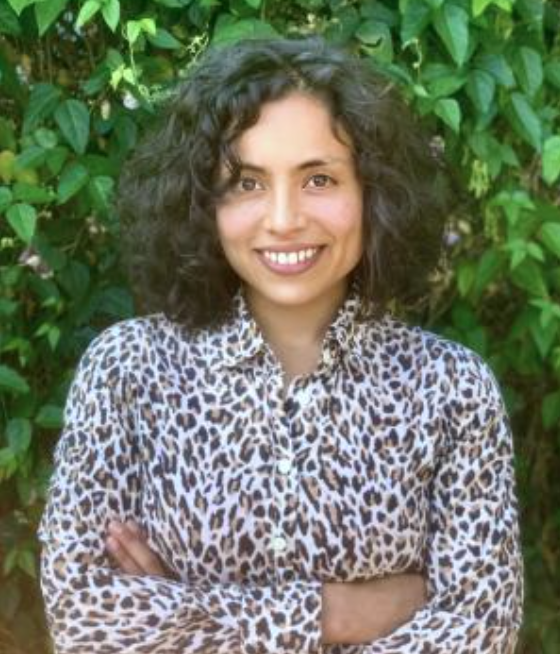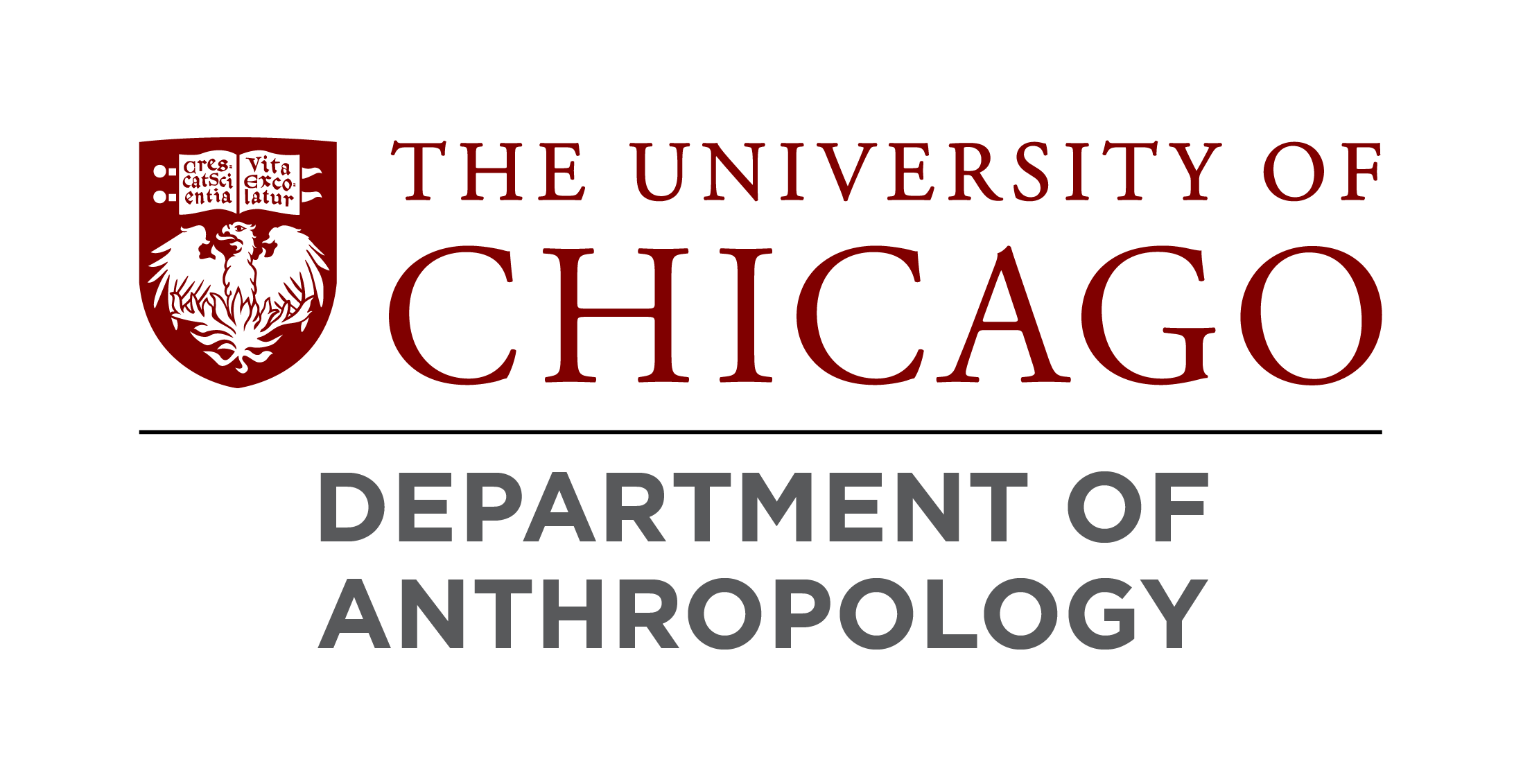
I am a linguistic anthropologist interested in interaction, lived space, and ethical and political subjectivity. My research focuses on the ways that selves understand and experience being near to, affected by, or vulnerable to others. How does interaction serve as a site where the built and semiotic characteristics of spaces come to affect ethical understandings of the relationship between selves and others? How do Islamic ethical concepts enrich linguistic and semiotic theory? How do these multimodal dynamics affect language shift and grammatical change? I examine these questions in my current field projects with speakers of Shehret Modern South Arabian located in the Dhofar mountains of the Sultanate of Oman. Working with relatively recently sedentarized Muslim families in Dhofar, I ask about the role that rapid infrastructural, architectural, social, and political development (built and social surroundings) plays in the nexus between interactive and ethical experience.
In my work, I look at communicative interaction as a real encounter: embodied persons immersed in material surrounds. As such, I am interested in the spatial and existential dimensions of events of interaction, both in themselves and in how they mediate, constrain, and premise linguistic and metapragmatic norms and systems. This work takes me outside of concerns only for language or events of communication and into questions of being in a world where we must encounter others.
I am interested then, in the ways that interaction and interpersonal relations appear in ethical (and other!) registers of social thought, practice, and discourse. What can we learn about interaction from the ways that encounters with social others are, not just talked about, but are enjoyed/hated, ethically disciplined, avoided, managed, engineered, or governed?
My book project is an ethnographic exploration of the everyday communicative practices -- namely ways of managing contact, engagement, co-presence, and the potential for circulation -- that structure the use of Shehret Modern South Arabian among family members and their guests in homesteads in rural areas of the Dhofar mountains. It is the spatial and embodied aspects of these experiences of moving, talking, and dwelling in domestic spaces that become particular sites for thinking and practice about the ethical struggle to be a Muslim in this world. In the wake of transformative infrastructural development and sedentarization, what these new spaces of life afford by way of contact with others (and its attenuation) serves as material for ethical thinking and experience that premise interpersonal and even maybe political orientations to worldly and divine authority.
These projects are infused by my broader interests in psychoanalysis, digitally mediated communication, mathematical topology and theories of space, and Islamic linguistic sciences and philosophy.
You can find more about me, my projects, and my writing at my personal website (https://kamalarussell.work).
Recent Research / Recent Publications
2022
‘The surface of politesse: Acting murtāh in Dhofar, Oman.’ (2022) in Rethinking Politesse with Henri Bergson ed. Duranti, Allesandro. Oxford University Press
2020
‘Facing another: The attenuation of contact as space in Dhofar, Oman.” (2020) Signs in Society, 8(2):290-318
‘Turning Quarantine Inside Out.’ Space and Culture 23(3), July 2020
On Topology as Method (2020) with William F. Stafford and Stéphane Gros for Cultural Anthropology: Fieldsights
 THE UNIVERSITY OF CHICAGO
THE UNIVERSITY OF CHICAGO

